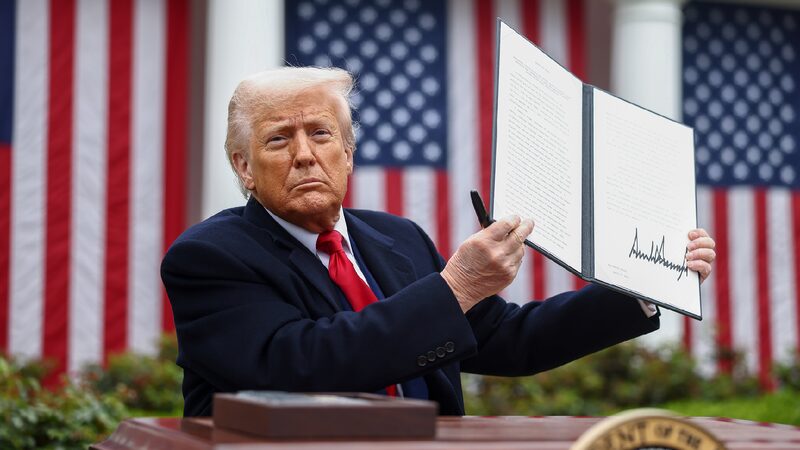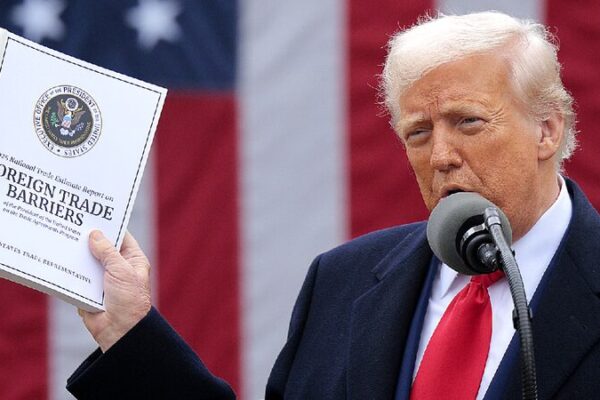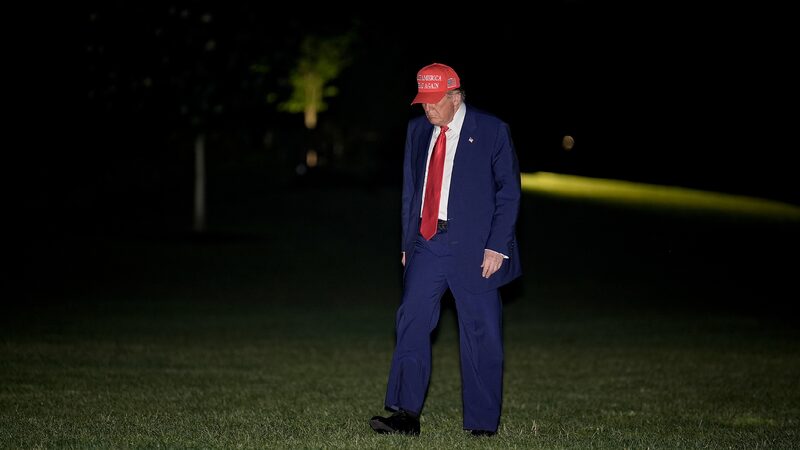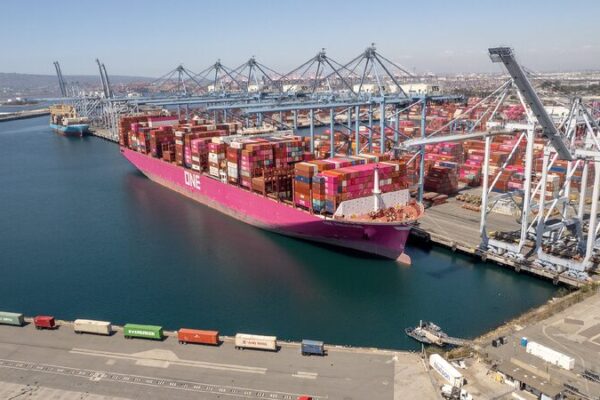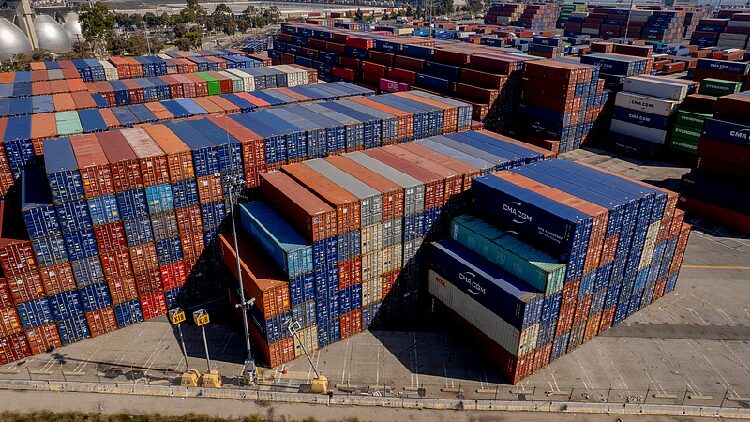The United States government has recently introduced “reciprocal tariffs” in an attempt to rebalance global trade flows. While the move aims to alleviate trade deficits and boost domestic manufacturing, experts warn that this approach could backfire, leading to widespread economic repercussions.
Flawed Premise Behind Reciprocal Tariffs
The strategy of implementing reciprocal tariffs is based on the assumption that trade deficits are primarily caused by tariff and non-tariff barriers. However, this oversimplifies the complex nature of global trade. The concept ignores the economic principle of comparative advantage, which suggests that countries benefit from specializing in the production of goods and services they can produce most efficiently.
Furthermore, the United States’ longstanding policies, such as export controls on high-tech goods, contribute significantly to its trade deficits with certain partners. By focusing solely on tariffs, the government overlooks these critical factors.
Attempting to ‘Settle Old Scores’
The push for reciprocal tariffs appears to stem from a belief that the United States has been shortchanged in global trade. This perspective neglects the substantial benefits the country has gained from globalization and the international economic order. The World Trade Organization (WTO) rules do not only govern trade in goods but also in services and intellectual property rights, areas where the United States has reaped significant rewards.
The Whack-a-Mole Effect
Implementing reciprocal tariffs could lead to unintended consequences. As tariffs increase, importers may shift their sourcing to countries with lower tariffs, causing former trade partners to seek new markets. This constant shifting resembles a game of whack-a-mole, creating instability and increasing transaction costs for businesses and consumers alike.
Negative Impact on the Global Economy
Reciprocal tariffs not only pose risks to the United States but also threaten the global economy:
- Undermining Global Trade Rules: The tariffs could violate WTO obligations, such as the most-favored-nation treatment, eroding the foundation of international trade agreements.
- Damaging Global Trust: Trade partners may retaliate, including major economies like China and the European Union, exacerbating tensions and fragmenting international relationships.
- Disrupting Supply Chains: Increased tariffs can lead to higher costs for consumers and force businesses to restructure their operations, leading to economic inefficiencies.
The WTO has warned that such trade measures could result in a contraction of approximately 1% in global merchandise trade volume this year, compounding the challenges faced by the international community.
A Zero-Sum Mindset with No Winners
The approach of using reciprocal tariffs reflects a zero-sum mindset, focusing on competition rather than collaboration. Such policies are likely to provoke widespread discontent among trade partners and may ultimately fail to achieve their intended goals.
In an interconnected global economy, policies that prioritize mutual benefit and cooperation are essential. Instead of resorting to protectionist measures, fostering open dialogue and working within established international frameworks can lead to more sustainable economic growth.
Reference(s):
cgtn.com
